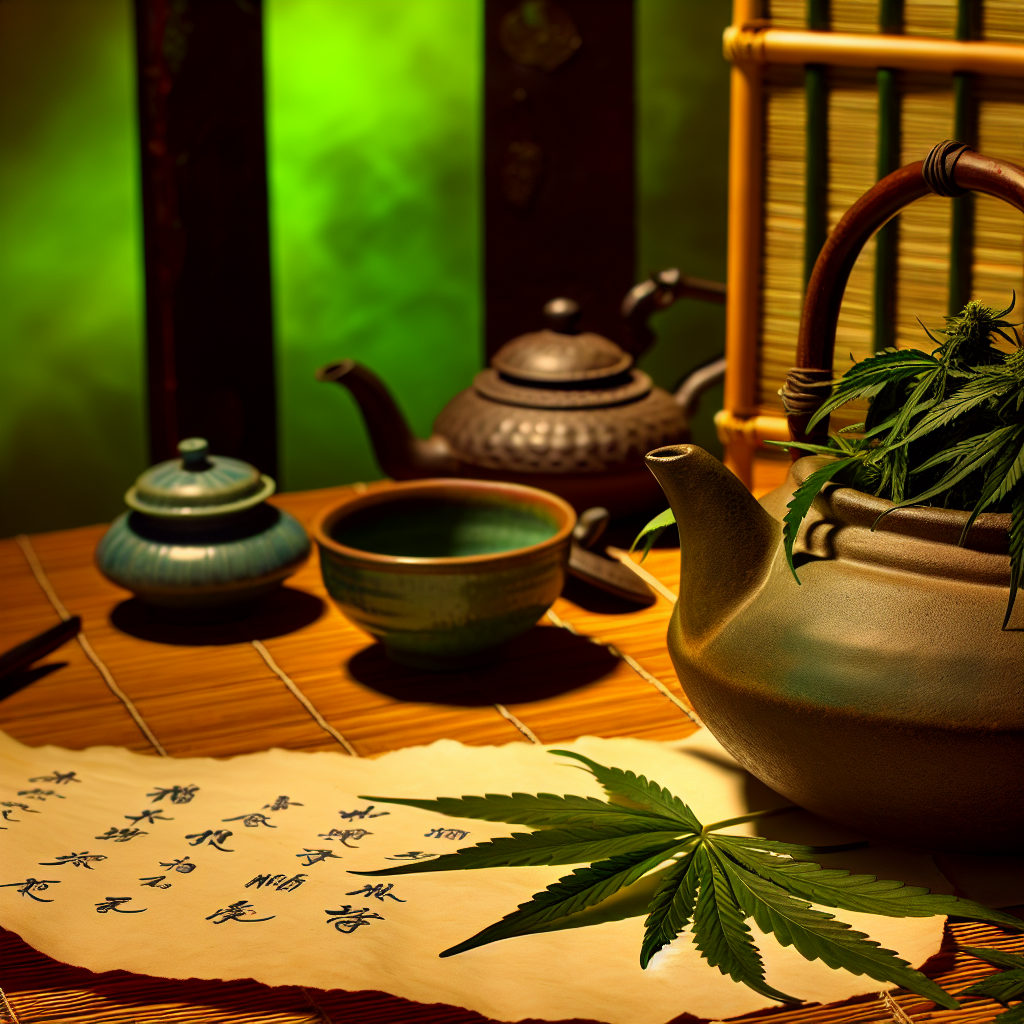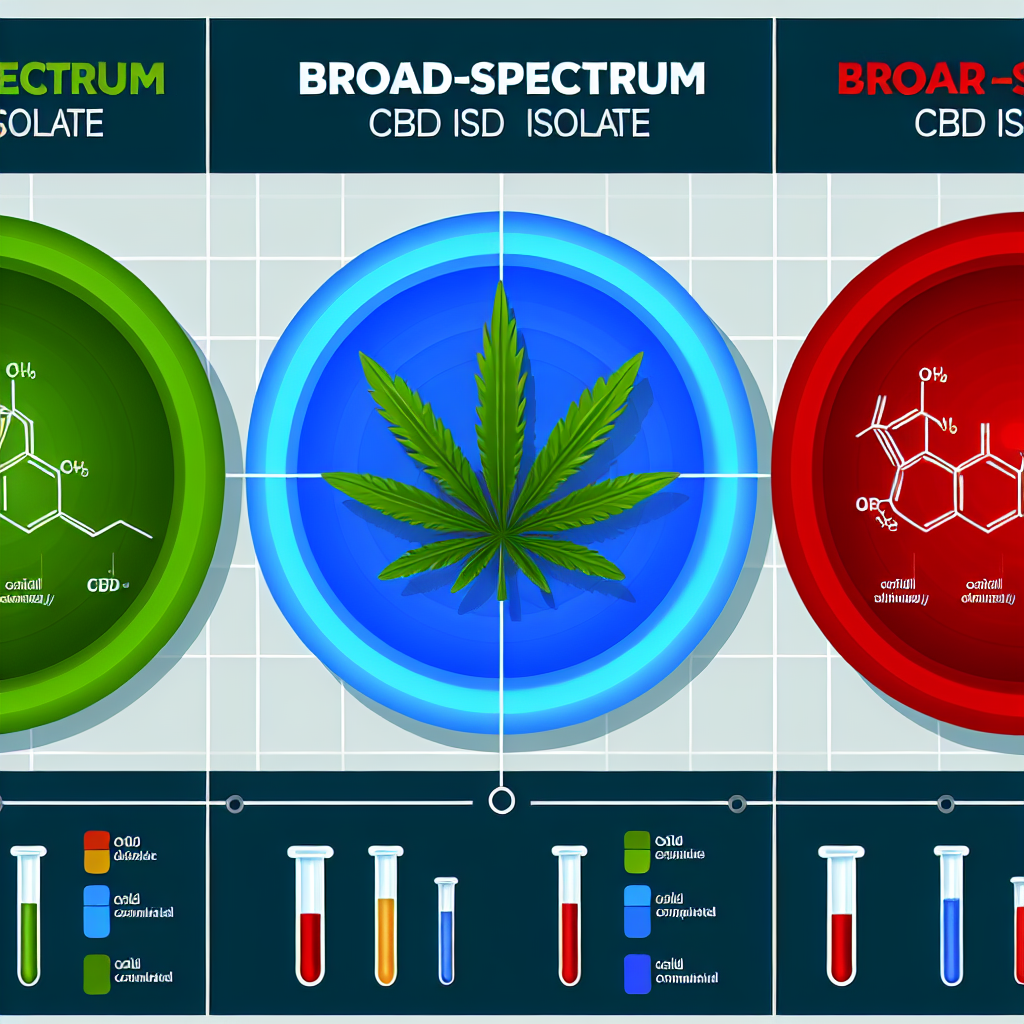# Cannabis Tea Brewing: Ancient Wellness Traditions for Modern Users
Discover the power of this ancient remedy transformed for today’s wellness seekers.
A Healing Legacy in a Cup: The Timeless Tradition of Cannabis Tea
In a world increasingly drawn to natural remedies and holistic health practices, cannabis tea stands out as a bridge between ancient traditions and modern well-being. Long before cannabis was legalized and commercialized, its leaves and flowers were steeped in boiling water by cultures across the globe—not to get high, but to heal.
From ancient China and India to parts of Africa and the Caribbean, cannabis-infused teas were routinely brewed to treat a range of ailments, including digestive disorders, pain, inflammation, and even spiritual imbalances.
Today, as science catches up with traditional knowledge, cannabis tea is experiencing a renaissance. Modern cannabis users—seeking an alternative to smoking or vaping—are turning to this therapeutic beverage not only for its soothing ritual but also for its nuanced effects. Unlike inhaled cannabis, tea provides a slower onset, making it desirable for those who prefer a more subtle and controlled experience. It also eliminates exposure to harmful combustion-related toxins, a significant advantage for wellness-focused users.
Why Drink It? The Unique Therapeutic Benefits of Cannabis Tea
Cannabis tea’s primary appeal lies in its ability to combine therapeutic cannabinoids with the comforting ritual of tea drinking. Consumers can benefit from both tetrahydrocannabinol (THC) and cannabidiol (CBD), depending on the type of cannabis used and how the tea is prepared.
– THC Tea: Often used for pain relief, appetite stimulation, and deep relaxation.
– CBD Tea: Valued for its anti-anxiety, anti-inflammatory, and neuroprotective benefits—without causing intoxication.
Moreover, cannabis tea offers a flexible and intuitive dosing experience. It can be made using decarboxylated dried flower, cannabis concentrates, or infused oils—allowing users to adjust the strength and cannabinoid profile according to their needs and desired effects.
Whether for managing chronic pain, easing insomnia, or promoting overall balance, cannabis tea offers a time-tested, modern-friendly option that honors the plant’s medicinal roots.
Modern Science Meets Ancient Brew: What Research Says About Cannabis Tea
The idea of cannabis as a therapeutic beverage is now supported by an expanding body of scientific research. Unlike smoking, consuming cannabis orally—such as in tea—leads to a slower, longer-lasting effect due to how THC and CBD are metabolized in the liver.
🧠 For Anxiety and Depression
A 2018 review in Frontiers in Pharmacology highlighted CBD’s potential to reduce anxiety and sleep disturbances. Though CBD oils remain a popular choice, infusions like tea provide similar psychological benefits, combined with the naturally calming ritual of tea drinking.
📖 [Read the full study](https://www.frontiersin.org/articles/10.3389/fphar.2018.01225/full)
🔥 For Pain Management
Research published in Pain (2020) suggests that cannabis may help with chronic neuropathic pain. While smoking was the delivery method in most studied cases, tea offers a gentler alternative for long-term relief.
📖 [Read the full study](https://journals.lww.com/pain/Abstract/2020/11000/Cannabis_and_chronic_pain__Potential_benefits_and.6.aspx)
💚 For Anti-Inflammatory Wellness
According to a 2020 report in Antioxidants, CBD’s anti-inflammatory and antioxidant properties could help with conditions from skin issues to arthritis and Crohn’s disease. Herbal teas synergize with cannabis to amplify these benefits.
📖 [Read the full study](https://www.ncbi.nlm.nih.gov/pmc/articles/PMC7023045)
Tea also serves as a versatile carrier: combine cannabis with milk or coconut oil for better absorption, or blend it with herbs like chamomile, ginger, or turmeric for added medicinal value.
DIY Empowerment: Brewing Your Own Cannabis Tea
While premium cannabis teas are now widely available on the market, many users still prefer the hands-on experience of brewing their own. It’s not only therapeutic but also allows for total control over the dosage, strain, and flavors.
💡 Tip: Always decarboxylate your cannabis before brewing to activate its cannabinoids.
💡 Bonus: Add a fat—like coconut oil or milk—into your tea to improve absorption and effects.
Whether you’re a novice or a connoisseur, cannabis tea brewing is a meaningful way to engage with plant medicine in a gentle, customizable format.
Cannabis Tea: A Return to Wholeness in the Wellness Age
Cannabis tea is more than just a trend—it is a modern revival of ancient healing. Whether sipped for chronic symptom relief or incorporated into your self-care ritual, it offers a smoke-free, customizable, and deeply nourishing way to experience cannabis.
As science continues to validate its traditional uses, cannabis tea reminds us that sometimes, the most ancient remedies are the most relevant.
References
1. Shannon, S. et al. (2018). “Cannabidiol in Anxiety and Sleep: A Large Case Series.” Frontiers in Pharmacology. [Link](https://www.frontiersin.org/articles/10.3389/fphar.2018.01225/full)
2. Hill, K.P. (2020). “Cannabis and Chronic Pain: Potential Benefits and Risks of Medical Marijuana Use for Pain Management.” Pain. [Link](https://journals.lww.com/pain/Abstract/2020/11000/Cannabis_and_chronic_pain__Potential_benefits_and.6.aspx)
3. Atalay, S., Jarocka-Karpowicz, I., & Skrzydlewska, E. (2020). “Antioxidative and Anti-Inflammatory Properties of Cannabidiol.” Antioxidants. [Link](https://www.ncbi.nlm.nih.gov/pmc/articles/PMC7023045)
Concise Summary:
Cannabis tea is an ancient remedy experiencing a modern revival. This therapeutic beverage combines the healing power of cannabinoids with the comforting ritual of tea drinking, offering a smoke-free, customizable, and nourishing way to experience cannabis. Backed by scientific research, cannabis tea is valued for its potential benefits in managing anxiety, pain, and inflammation, making it a relevant and accessible option for today’s wellness-focused users.




